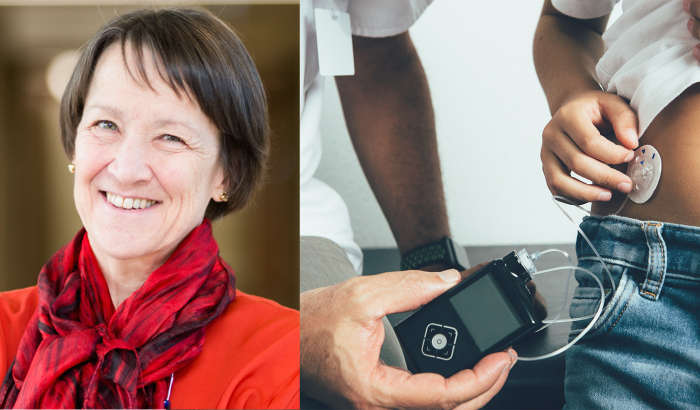
shotshop.com
Chronic pain such as lower back pain is often investigated by pain diaries
Chronic pain patients are needed to help investigate the clarity of items in a pain diary.
Pain diaries filled in by patients are a useful tool for researchers and doctors to investigate all kinds of chronic pain such as lower back pain. Patients record items such as their pain duration, severity and location, any medications they’ve taken as well as other factors that could be linked to pain such as mood. With this information, doctors and nurses can try to understand what may cause or influence the patients’ pain.
The Problem
However, these items can be misunderstood or interpreted in different ways, which can cause biased data. To make sure the items assess exactly what they intend to measure, we, a team of researchers from the University of Luxembourg, would like to conduct cognitive interviews to get a better insight of how patients fill in the items.
The Research Question
Does the pain diary assess what we really want to measure?
Who are we looking for?
Chronic pain patients with an advanced English language level (at least C1 level). Interested participants should contact charlotte.koeckeritz.001@student.uni.lu.
What do participants have to do?
The day before the interview, you will be asked to fill in a 2-min pain diary (7x during the day and 1x on the end of the day). The interview itself will take place on Campus Belval near Esch-sur-Alzette and will last around 1 hour.
We are not collecting personal information about you. Instead, we’re first trying out our diary items, so that we can improve them. We’ll be asking you about how you come up with your answers and how you are interpreting the questions. Time commitment: approximately 1 hour. To thank you for your participation, you will receive a 20€ voucher.
What is already known?
Chronic pain plays a crucial role in health care, given the fact that one in five people suffer from moderate to severe chronic pain. Pain diaries such as Ecological momentary assessment (EMA) and End of the day diary (EDD) are used to assess chronic pain outside the lab in a daily life context. Previous studies have shown that electronic diary assessment (a smartphone or tablet App) provides a considerable contribution to study pain.
However, certain items in the pain diary are formulated ambiguously for what they intend to measure. Examples are questions such as “How engaged were you in that activity?”, which should assess motivation, or “How afraid are you that the pain would worsen?", which intends to measure catastrophizing behavior. These can be misunderstood so it is important to see what people actually report on to build up clear items.
Who will benefit from the study?
This study aims to investigate pain assessment and will help to advance pain research and potentially improve pain diaries. The cognitive interview will provide recommendations for revision and assess evidence of validity of pain diary items. The results could lead researchers and healthcare practicioners to adjust and improve these items. Ultimately, the study could help to adjust treatment and monitoring of chronic pain patients in the future.
Supervision and Contact
At the University of Luxembourg (research team INSIDE): Supervision by Dr. Dimitri van Ryckeghem. If you are interested we would be glad for your contribution. The recruitment period lasts until 01.04.2018. For further questions or interest in participation, contact Charlotte Köckeritz (email: charlotte.koeckeritz.001@student.uni.lu)
Author: Université du Luxembourg
Editor: Michèle Weber (FNR)
Photo: shotshop.com




